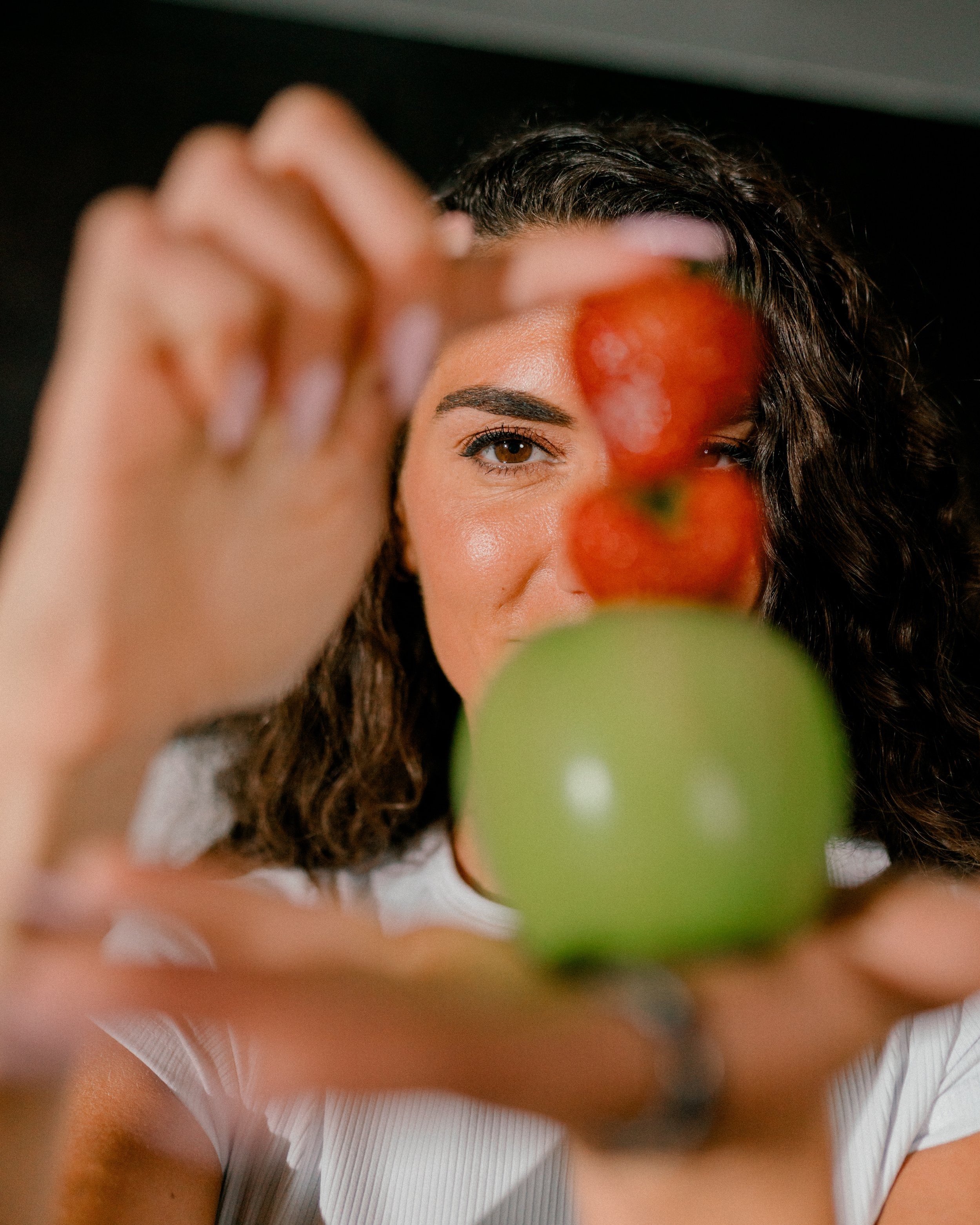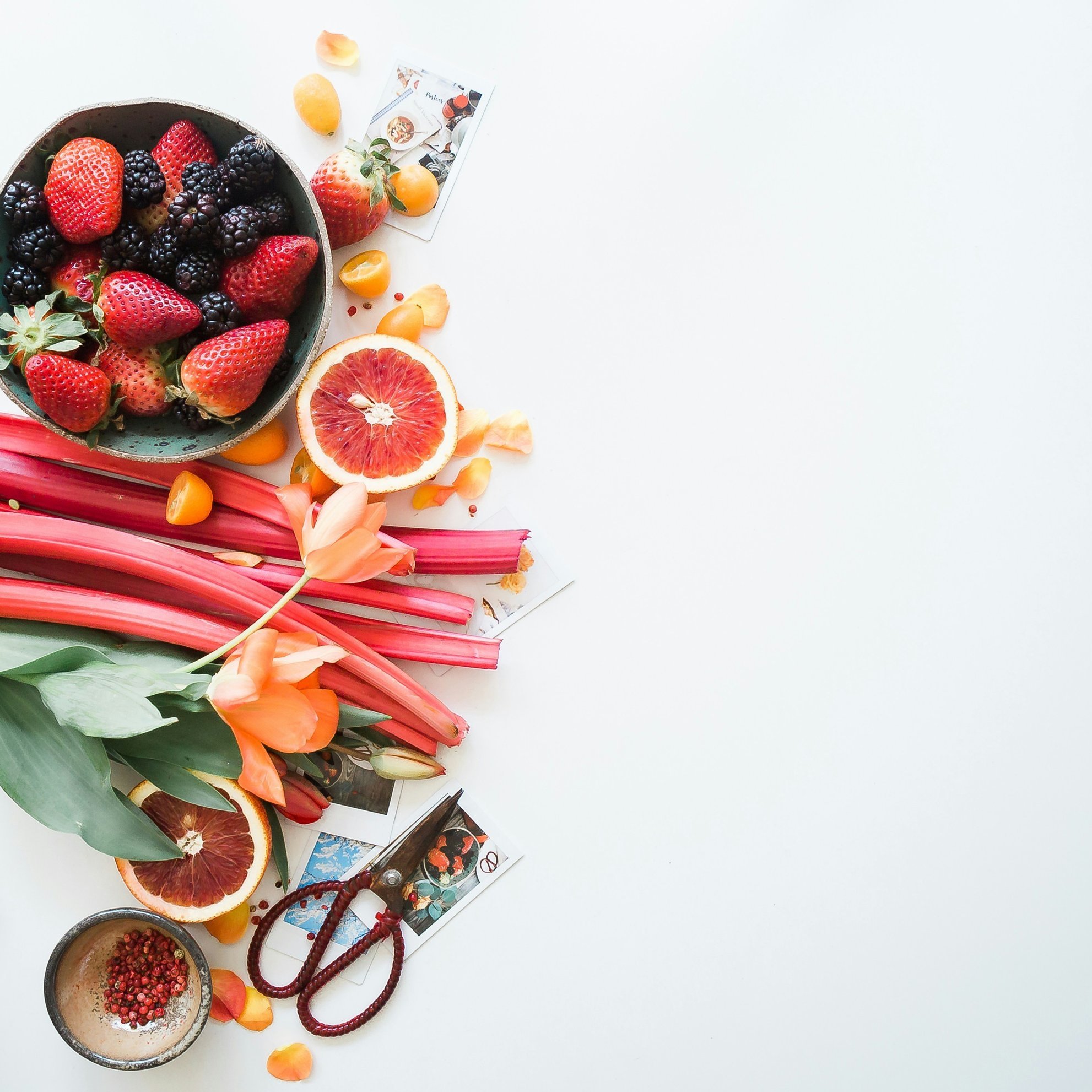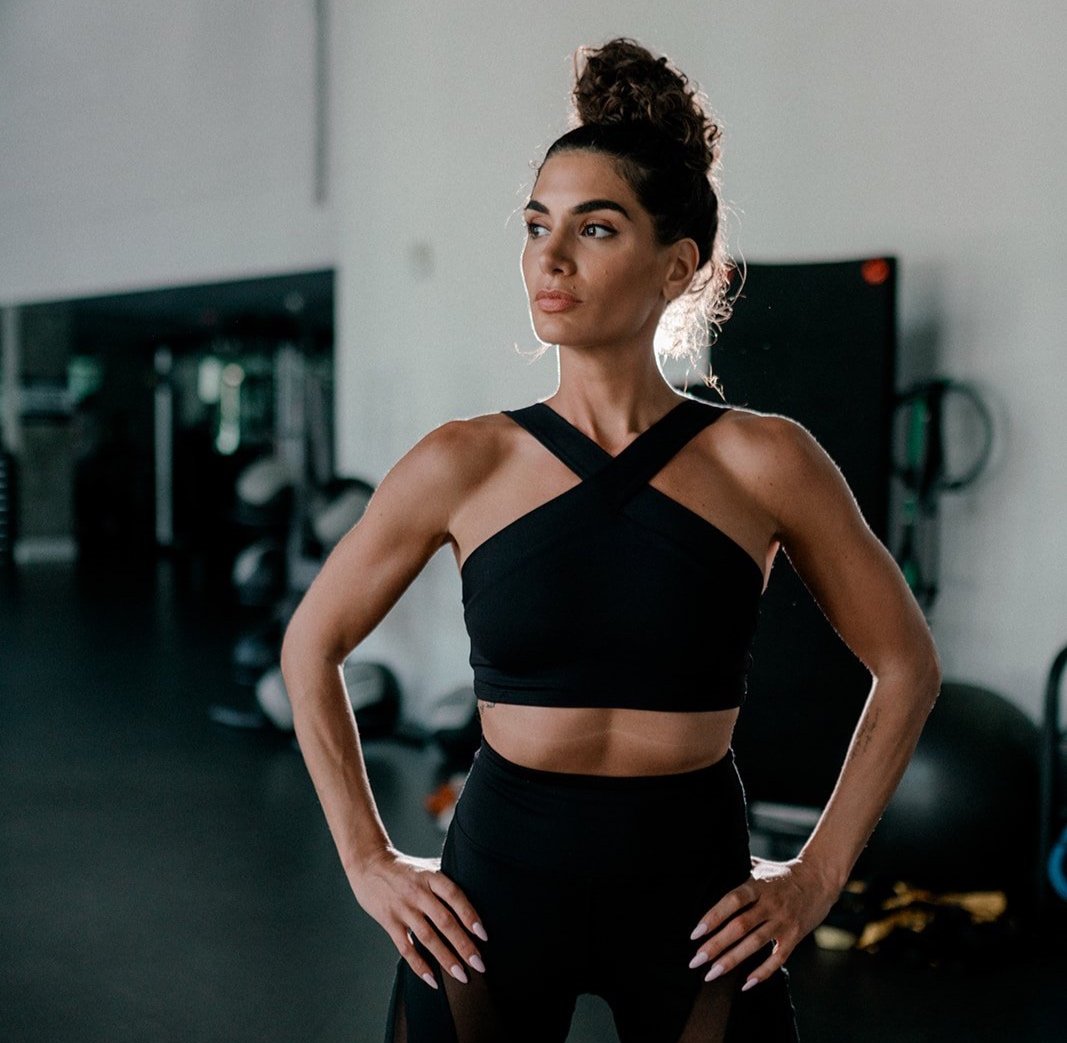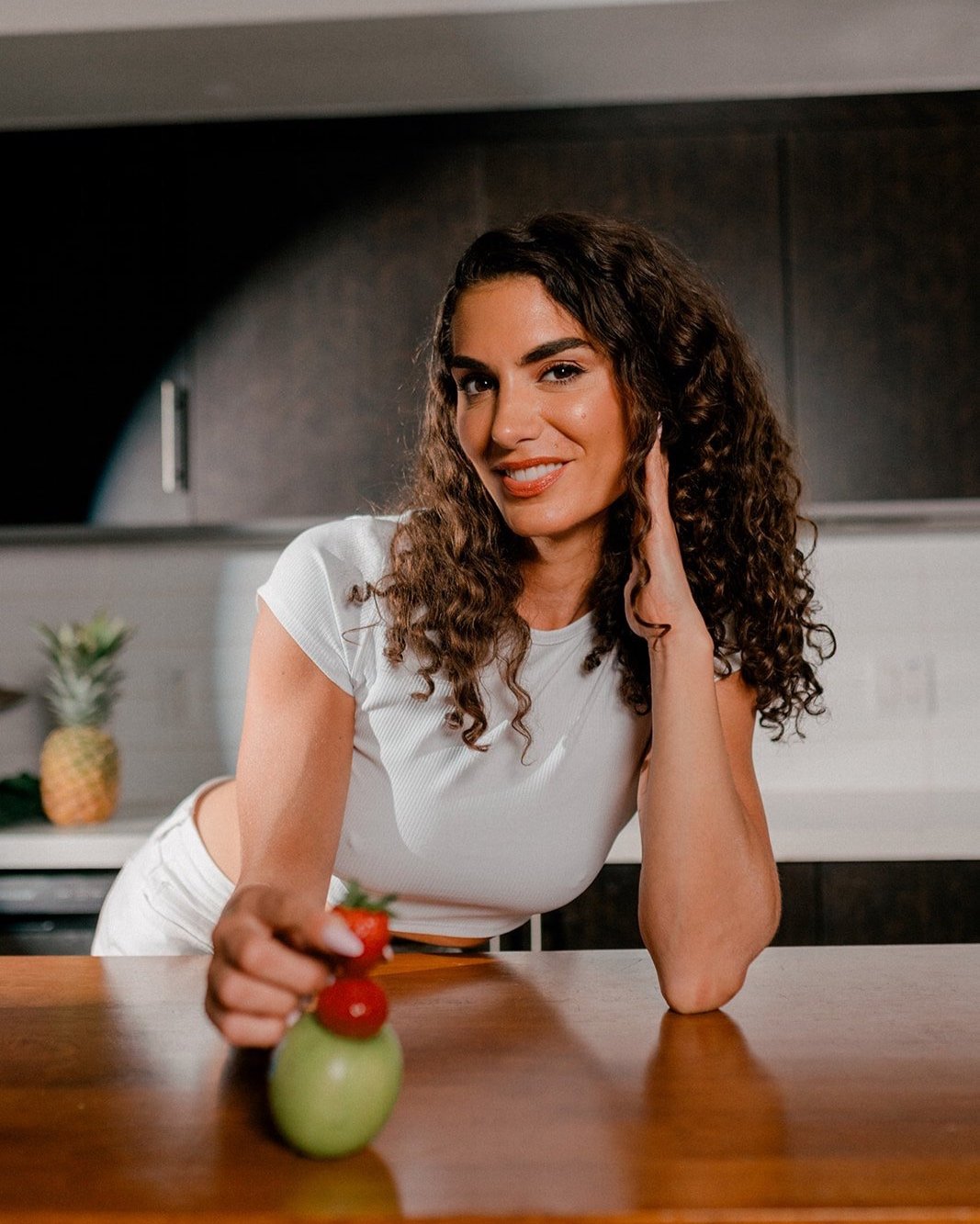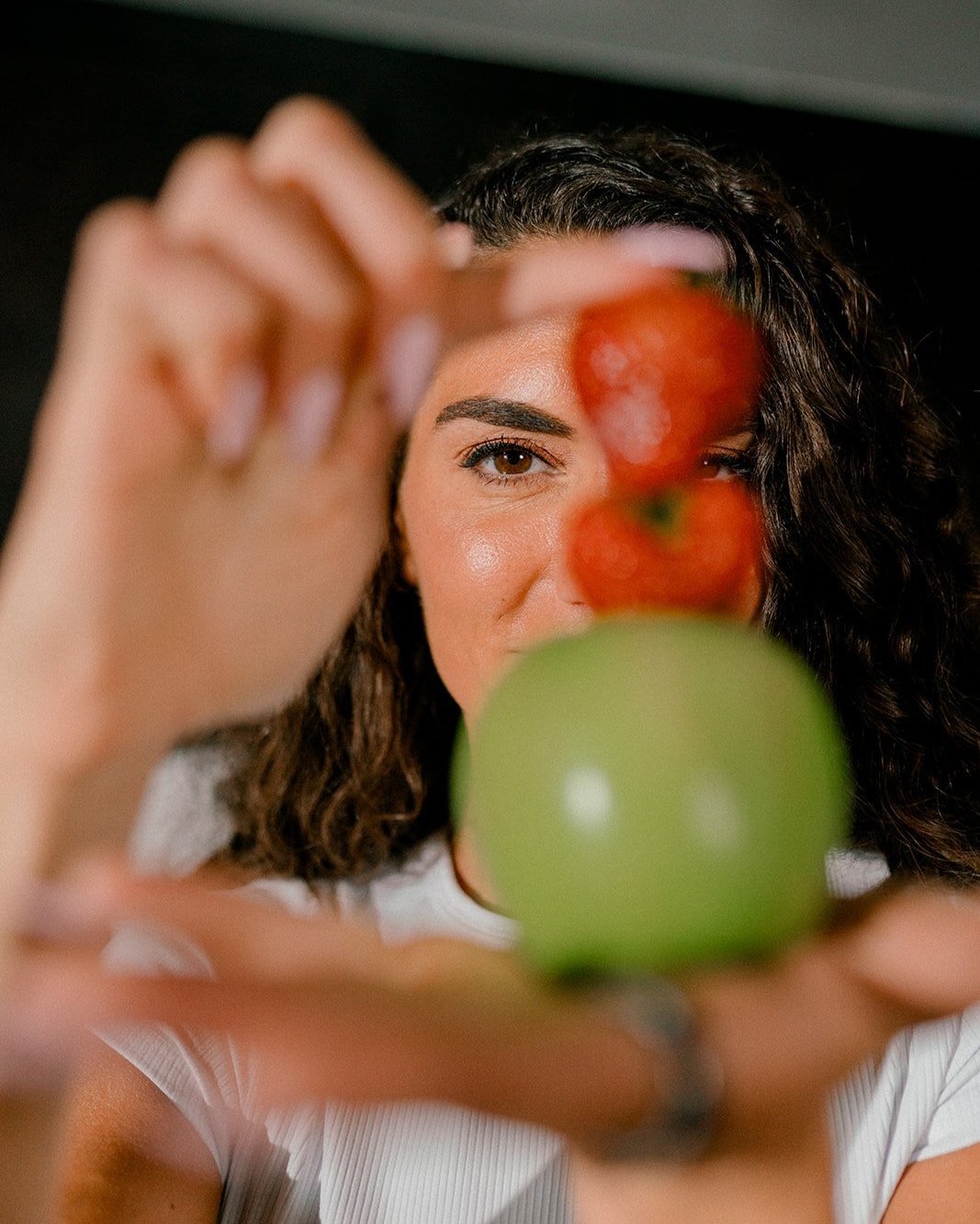Plant-Based Versus Veganism: What's the Difference, and Which Should You Choose?
The terms "plant-based" and "vegan" are often used interchangeably, leading to confusion. While both diets emphasize plant-derived foods, there are key distinctions. Understanding these differences can help you choose the approach that best aligns with your goals and values.
Plant-Based Diets
A plant-based diet centers around whole plant foods like fruits, vegetables, legumes, grains, nuts, and seeds. The core principle is prioritizing plant-derived foods while minimizing or excluding animal products. However, the degree of restriction varies greatly. Some individuals following a plant-based diet may occasionally consume meat, dairy, or eggs, whereas others might follow a much stricter approach, closely resembling veganism. The emphasis is on increasing plant consumption, not necessarily eliminating animal products entirely.
Veganism
Veganism is a stricter, more comprehensive lifestyle choice that goes beyond diet. It's a philosophy and way of living that seeks to exclude all forms of animal exploitation and cruelty, as far as is possible and practicable. This includes:
Diet: Avoiding all animal products, including meat, poultry, fish, dairy, eggs, honey, and gelatin.
Clothing: Avoiding leather, wool, silk, and other animal-derived materials.
Cosmetics and Personal Care: Avoiding products tested on animals or containing animal-derived ingredients.
Which Approach Should You Choose?
The best choice depends on your individual circumstances, goals, and values:
Choose plant-based if: You want to increase your fruit and vegetable intake, improve your health, and reduce your environmental impact, but are not ready or willing to completely eliminate animal products from your diet. It offers greater flexibility and ease of transition.
Choose veganism if: You strongly oppose animal exploitation and cruelty and are committed to a lifestyle that minimizes your impact on animals. It requires a greater level of commitment and planning but aligns strongly with ethical and environmental concerns.
Regardless of your choice, it's crucial to ensure a balanced and nutritious diet. Consulting with a registered dietitian or healthcare professional can help you plan a suitable plant-based or vegan diet that meets your individual nutritional needs. They can help you avoid nutritional deficiencies and ensure you're getting enough essential nutrients. Supplements like vitamin B12 and omega-3 fatty acids might be necessary, particularly on a vegan diet.
If you need help and guidance on your nutrition journey, reach out to me!

Follow Amanda Hart for free fitness tips














